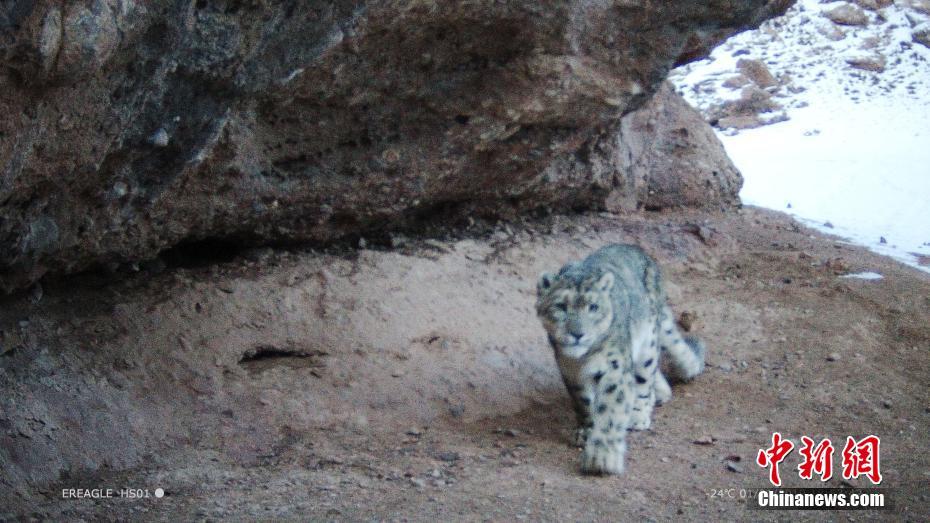Singing in Dark Times
Michael Robbins, between hope and despair Ben Sutherland
Ben Sutherland o
r
d
F
a
c
t
o
r
y
Walkman?by Michael Robbins. Penguin Books, 80 pages.
Michael Robbins has always been, as it were, “interested” in the discontents of modern life. His is a poetry written in the shadow of our interlocking crises: climate change, surveillance capitalism, plagues, structural racism, and corporate hegemony were all components in the splicing mixtape structures of his early poems. Sometimes he seems to give in to despair, admitting that literature can’t really measure up to these issues. “There is no limit to what a poem can’t do,” he drolly claims in his essay “Equipment for Sinking,” riffing on Auden (and also Adorno). Yet he seems to have retained a tentative optimism, of sorts, in poetry, even if this is expressed negatively. In the companion essay, “Equipment for Living,” Robbins leans on Kenneth Burke and Giacomo Leopardi, noting their discussion of our need to “direct the larger movements and operations in one’s campaign of living” and poetry’s ability to offer “sad and angry consolation,” respectively. This urge is born, Robbins concedes, out of “big, throbbing, teenage emotions,” like pop music, and is utopian “in spite of itself.” All of this amounts to seemingly paradoxical pressures. And this push-pull is at the root of what’s best and what’s most frustrating about his third and latest collection, Walkman.
Robbins’s previous books, Alien vs. Predator(2012) and The Second Sex(2014), forced together various registers and canons, with allusions from hip hop and death metal to metaphysical poetry—all drenched in high-velocity syncopation and rhyme. The narrator was, to some extent, a unified persona: a daring, shock-jock nihilist in a Scream mask. He shared Frederick Seidel’s play with non-personhood, something Robbins has written about: “Seidel gives himself over to grotesquerie, caricature and hyperbole, a strategy of outsized scale, in order . . . to offer a critique of morality based on taste.” There was plenty of caricature and grotesquerie in early Robbins, too, with poems staged in an overstimulated hall of mirrors, where slogans, lyrics, and clichés were marshaled into coherence by a dynamic ear for rhyme and association. Everything was fair game: “Let’s put the Christ back in Xbox” (“Use Your Illusion”); “Covering the election from the Persian Gulf, / it’s Harold Bloom. I am the canon, hear me roar” (“Twentieth Century Fox”); “The United States of Fuck You Too / is what you’re about to receive / You can shoot all the kids you like / but you can never leave” (“Live Rust”). Hyperbole and bad taste pervaded both collections, but for all their provocations—“My new asshole’s official candy / is cola-flavored, fish-shaped. / I sexually harass it. / It puckers with distaste” (“My New Asshole”)—there was a certain mordant ebullience throughout.
There’s a sense of writing at the end of the world, heightened by the chatty late-night pacing.
The most immediately obvious change in Walkmanis a shift away from this pop cultural pinball approach, with its scattergun, rhymed stanzas. Yet Robbins, a committed defender of rhyme, has not recanted or undergone some conversion. Rather, he is trying on a new, less high-pressure form, in part suggested by James Schuyler, to go with an equally dramatic narrative shift from abrasiveness to vulnerability: “Schuyler was too tender / for me then, but now / he is just tender enough.” This translates to a new discursiveness in the poems that serve as the backbone of the book—such as “Walkman,” “You Haven’t Texted Since Saturday,” and “The Seasons.” These poems move more freely and sparely, feel more on the hoof. They also share some of Schuyler’s self-correcting impulses, the catlike testing of a phrase’s solidity before pulling back the paw: “I’d always assumed / it’d be difficult, or not / difficult, exactly, / but impossible”; “did the guy sketch amateurish / floods, tornadoes, etc., / on his jeremiads or did I / imagine that?”
These are more exposed poems. Cobbled together from memories—of childhood and youth, work and travel (to Mexico)—they meander rather than strafing the reader with jerry-rigged zingers. There’s a sense of writing at the end of the world, heightened by the chatty late-night pacing. Phrases to do with the jig being up are scattered throughout: “They said / it’s not the end of the world. / It was.” Or again, in the poem “You Haven’t Texted Since Saturday”:
we should hold each other
and cry and then pretend
everything was fine, would
be fine, was someday
before the final
trumpet, before heat death
zero point, big rip
sure to be absolutely
perfectly completely
probably fine
Robbins has gone a long way toward forging a new style fit to take on new emotional challenges. But at times it feels as if the earlier masked persona hasn’t fully been shucked off. At his barest, he writes, in the title poem, that “hope is a different animal / from belief,” a phrase that risks glibness, even as it comes close to the kind of admirable self-deception he associates with pop music—utopian, in spite of itself. Robbins has also come back in adulthood to Christianity, though this is alluded to rather baldly, as with so much else to do with his personal life: it “just sort of / happened,” “Grace, / I guess.”
In the long poem “The Seasons,” Robbins quotes from Leopardi again: “I opened / Leopardi at random to ‘all / human hope is vain.’” Maybe. But for the poems to operate properly, they have to strike a balance between earnestness and cynicism. Too often, Robbins skews toward the latter, claiming to have given in fully to despair or feeling abashed or fraudulent by trying not to. At these moments, it’s as if some sort of cringe-reflex kicks in. Consider “Past One O’Clock,” a darkly witty poem, whose arresting opening is a refreshing antidote to our age of curated protein shakes:
I’ll quit smoking
?as soon as I
get lung cancer.
The young don’t smoke
anymore, they join gyms.
I can’t help thinking
they’ve misunderstood
something.
What starts as a sort of spiky middle finger devolves into too much archness, the pose overtaking the prosody. In the Larkinesque (albeit Larkin on a diet of Cheez-Its) “Shed,” Robbins reflects that “Some sorrow is / so baroque you look back / on it and feel like a schmuck.” It’s precisely this fear that lies at the back of many of these undercutting moments.
Robbins is caught between two impulses: faith in poetry and the nagging sense of some more pressing responsibility.
Robbins’s internal tussle is played out most openly in “The Seasons,” an extended study of disaster fatigue, which closes the book and accounts for a decent chunk of its real estate. In it, there are competing urges: a not-written love poem—“Cioran says losing love / makes a hairdresser into / a rival of Socrates”—and an extended diversion away from it via various tantrums and observations about the making of art, including cave paintings “an impulse leading / to MoMA totes.” Once again, self-undermining gestures abound: “‘Despair / is not an option.’ Fuck / you: I’ve opted for it”; “George Herbert / says somewhere / something useless.” But there are also moments when the poet seems to pull back control from his jaded narrator. “In Phoenicia / I rivaled Socrates”; “I too have known the pleasure / of simple ritual.”
“The Seasons” enacts a losing fight between Robbins’s two impulses—faith in poetry and the nagging sense of some more pressing responsibility. Elsewhere, however, this new low-intensity, diaristic form allows for the expression of throbbing teenage emotions which are movingly resonant. In “Throwing the Yijingin Bullhead City,” he writes:
So hot
your eyes bug out your skull.
I remember when these empties
were full. Sweet is the interstate
sighing above Desert Baptist.
There is only one prayer: Lord,
how do I get out
from under
It’s a perfectly distilled moment, the music of the t’s and s’s making it sweet and lulling, the inversions giving it a biblical tenor while nonetheless feeling wholly modern. This summation of desire, which might be from a country song, dares to cut through the murk and the music without feeling strained after. Its despair is eminently more poignant for the absence of deflection. Likewise a moment toward the end of the title poem, where a Walkman becomes the objective correlative for youth:
It’s so sad and
perfect to be young and alone
in the Zócalo when the little lights
come up like fish surfacing
beneath the moon and you want
to grab the people walking by
and say who are you, are you
as afraid as I am.
One can’t help but hear an echo, dimly, of Lowell’s “For the Union Dead,” in those fish surfacing—recalling at once the Boston Aquarium and children’s faces rising like balloons. Such passages of lyrical coherence are built on a newly permeable, experiencing voice, capable both of ranging around and cutting through. They are still in competition with the desire not to seem a schmuck, but at their best these poems can say, as in “Equipment for Living,” “the world is broken, but this is one of the things we do about it.”




















